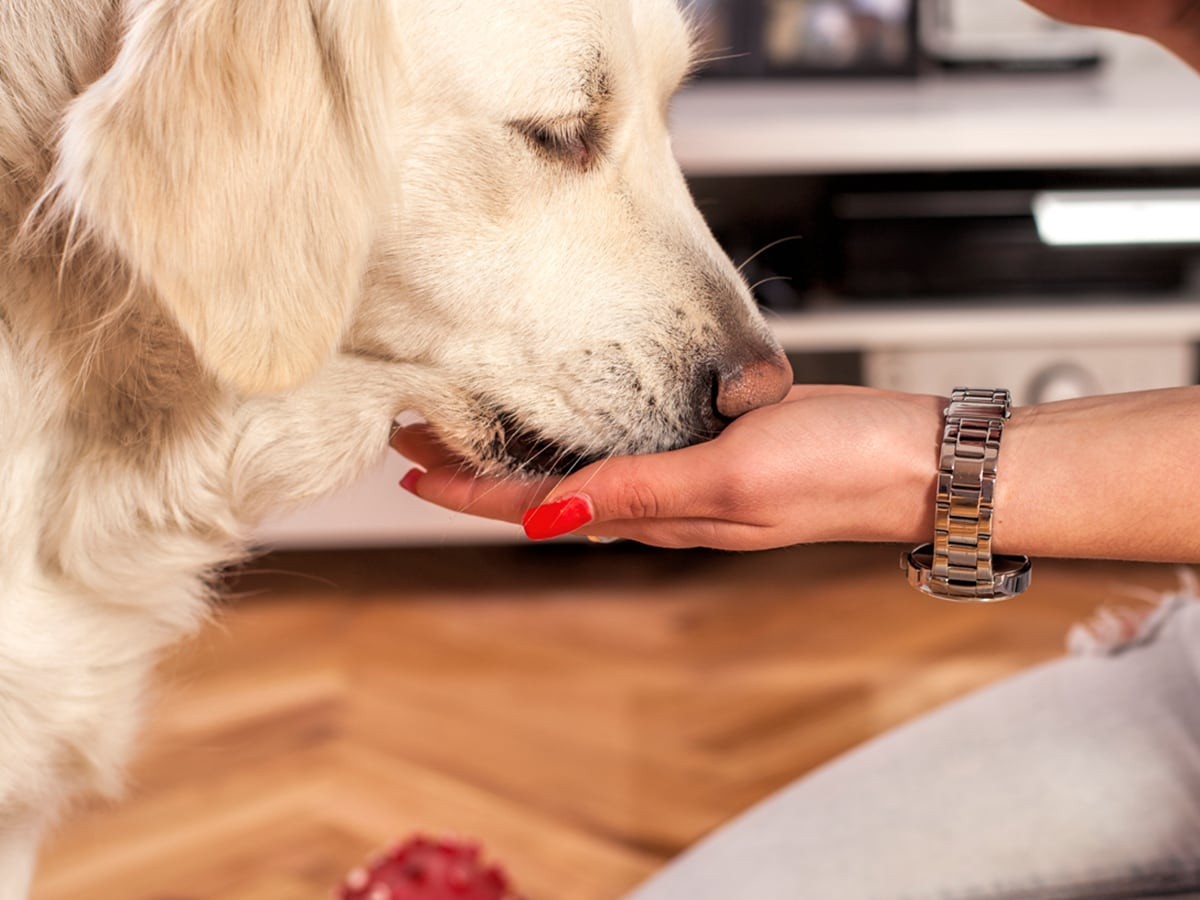As a responsible pet owner, you’re undoubtedly cautious about what your furry friend consumes. While you may be aware of the dangers of certain foods like chocolate and onions, one lesser-known threat to your dog’s health is raisins. Despite their reputation as a healthy snack for humans, raisins can be toxic to dogs. In this article, we will explore why raisins pose a risk, the symptoms of raisin toxicity, and what to do if your dog consumes raisins.
Raisins and Dogs: What Every Pet Owner Should Know

The Dangers of Raisins:
Raisins, as well as grapes, belong to the same fruit family and have been associated with severe health issues in dogs. The exact substance in raisins that causes toxicity is not yet identified, and the severity of the reaction can vary from one dog to another. The dangerous aspect is that a small amount of raisins can be harmful, making it essential for pet owners to be vigilant.
Symptoms of Raisin Toxicity:
If your dog ingests raisins, you should watch for the following symptoms, which can vary in severity:
- Vomiting
- Diarrhea
- Lethargy
- Loss of appetite
- Abdominal pain
- Increased thirst and urination
- Kidney failure (in severe cases)
What to Do If Your Dog Eats Raisins:
- Contact Your Veterinarian: If you suspect or know that your dog has consumed raisins, contact your vet immediately. They can provide guidance tailored to your dog’s size, breed, and the amount ingested.
- Induce Vomiting: If your vet advises and if it’s within two hours of ingestion, they may recommend inducing vomiting. Do not attempt this without professional guidance.
- Treatment: Your vet may administer activated charcoal to absorb any remaining toxins, intravenous fluids to prevent kidney damage, and medications to address symptoms.
- Monitoring: Expect your dog to be closely monitored for several days, especially if they’ve consumed a significant quantity of raisins.
Preventing Raisin Toxicity:
Prevention is the best approach. Keep raisins, grapes, and foods containing these ingredients out of your dog’s reach. Be cautious when sharing human snacks, as raisins can sometimes hide in unexpected places like cookies or trail mix.
In conclusion, while raisins are a healthy snack for humans, they can be toxic to dogs. It’s crucial to be aware of this potential danger and take steps to protect your beloved pet. If you suspect raisin ingestion or notice any concerning symptoms, don’t hesitate to seek immediate veterinary care. Your pet’s well-being is a top priority, and staying informed is the first step in keeping them safe and healthy.










Leave a Reply